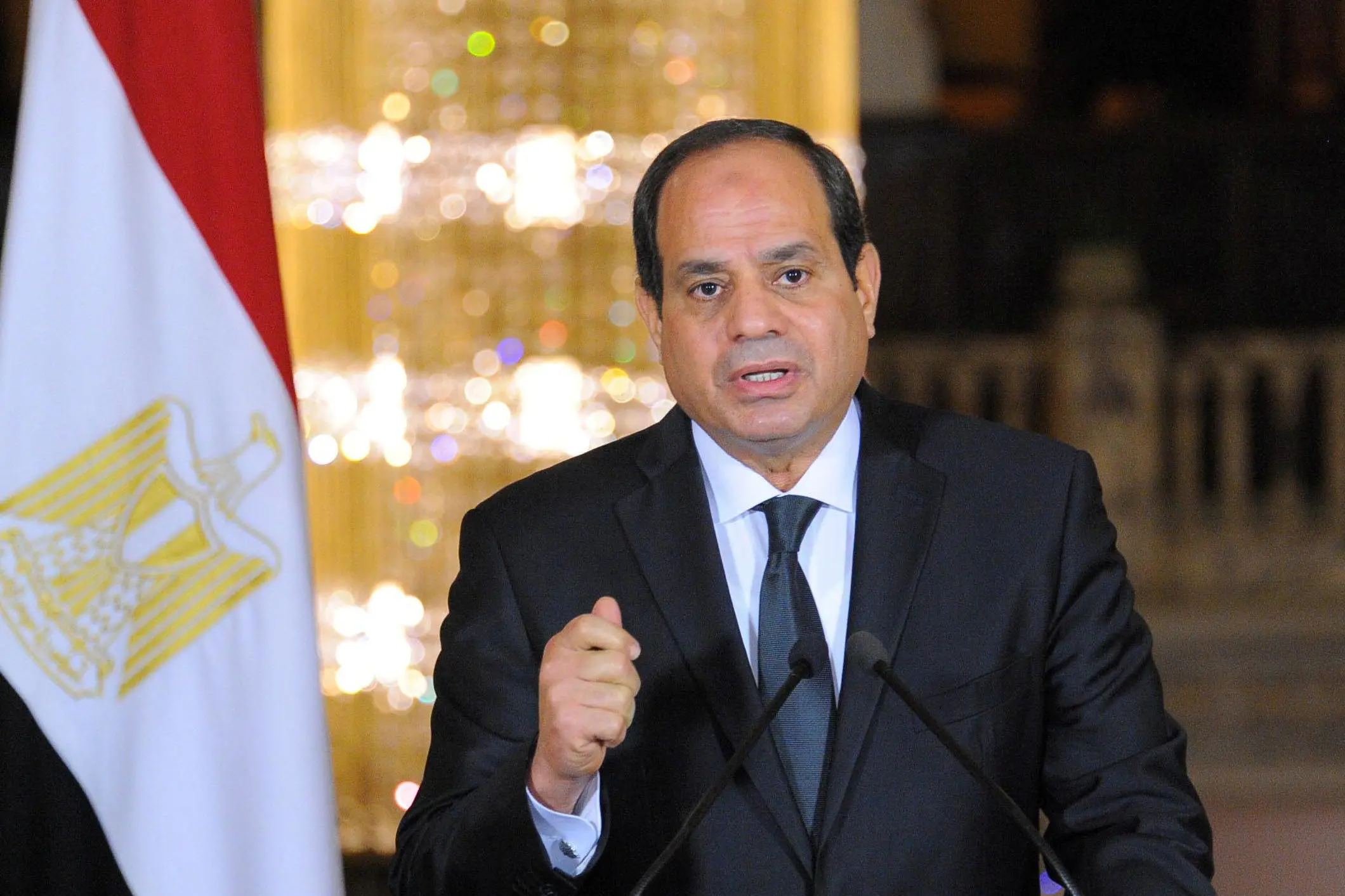PHOTO
03 July 2017
Controlling soaring inflation and restoring security and stability to the Arab world’s most populous nation are some of the main challenges facing Egypt’s President Abdel Fatah Al Sisi, who this month moves into the fourth and final year of his first term in office, before possible re-election next year, analysts told Zawya.
President Sisi rose to fame on July, 3, 2013 after he orchestrated the ouster of Islamist President Mohamed Mursi following mass protests against the Islamist leader’s one year rule, which witnessed a wave of violence against Christians, Shi’ite Muslims and liberal activists. Mursi had also alienated secular and leftists powers and lacked vision on Egypt’s decades-old economic, health and education problems.
President Sisi took office in June 2014 after winning 96.91 percent of the popular vote. He promised to revamp security and stability, safeguard Egypt’s sovereignty and refurbish its dwindling economy.
“I think the main challenge facing Sisi is the economic situation and the hike in prices, which certainly harmed his popularity,” Ziad Akl, an Egyptian analyst in the Cairo-based Al Ahram Centre for Political and Strategic Studies, told Zawya.
Inflation hit a 30-year high in April, soaring since November’s flotation of the Egyptian pound slashed the currency’s value by about half versus the dollar. In May, the government announced it would allocate an extra 1 billion Egyptian pounds ($55 million) in food subsidies during the high-demand season of Ramadan, according to Reuters.
Economic experts told Zawya that Egypt needs an industrial plan, quick release of the executive framework of its new investment law and novel rules to boost small and medium-sized businesses, in order for the country to move forward towards achieving growth.
Further Readings:
© Express 2017
Controlling soaring inflation and restoring security and stability to the Arab world’s most populous nation are some of the main challenges facing Egypt’s President Abdel Fatah Al Sisi, who this month moves into the fourth and final year of his first term in office, before possible re-election next year, analysts told Zawya.
President Sisi rose to fame on July, 3, 2013 after he orchestrated the ouster of Islamist President Mohamed Mursi following mass protests against the Islamist leader’s one year rule, which witnessed a wave of violence against Christians, Shi’ite Muslims and liberal activists. Mursi had also alienated secular and leftists powers and lacked vision on Egypt’s decades-old economic, health and education problems.
President Sisi took office in June 2014 after winning 96.91 percent of the popular vote. He promised to revamp security and stability, safeguard Egypt’s sovereignty and refurbish its dwindling economy.
“I think the main challenge facing Sisi is the economic situation and the hike in prices, which certainly harmed his popularity,” Ziad Akl, an Egyptian analyst in the Cairo-based Al Ahram Centre for Political and Strategic Studies, told Zawya.
Inflation hit a 30-year high in April, soaring since November’s flotation of the Egyptian pound slashed the currency’s value by about half versus the dollar. In May, the government announced it would allocate an extra 1 billion Egyptian pounds ($55 million) in food subsidies during the high-demand season of Ramadan, according to Reuters.
Economic experts told Zawya that Egypt needs an industrial plan, quick release of the executive framework of its new investment law and novel rules to boost small and medium-sized businesses, in order for the country to move forward towards achieving growth.
Further Readings:
- Zawya's Special Coverage on Sisi's last year of his first term
- Second time lucky? Sisi's last year in power before Egypt decides his future
- What war is Egypt preparing for?
- Struggling businesses push for bankruptcy law in Egypt
- Egypt attracts $31 billion foreign investment since flotation
- At last Egypt passes long awaited investment law
- Samih Sawiris has renewed optimism for Egypt's future
© Express 2017





















